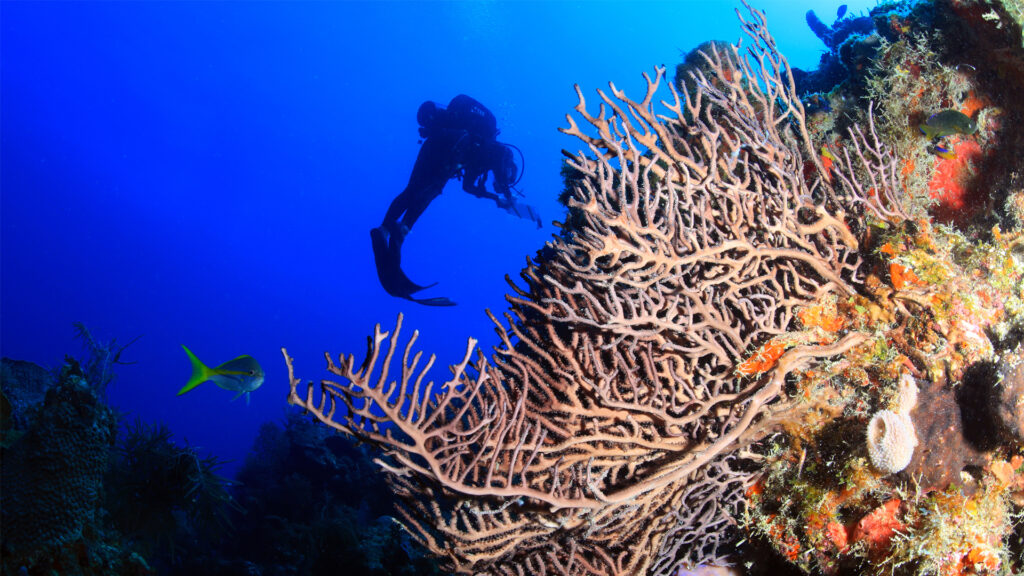By Emma Haydocy, Florida Keys Restoration Partnership
Florida’s corals are in trouble. Whether from disease, pollution, increasing user pressures, heat-induced bleaching or other climate-related stressors, the near 360-mile stretch of coral reef is in peril.
It is imperative that decision-makers at the state and federal levels employ every available resource within their power to protect and restore one of Florida’s most treasured resources. That’s why reef lovers and ocean advocates alike are celebrating Florida Gov. Ron DeSantis signing HB 1557, the omnibus Department of Environmental Protection bill, which includes a small but mighty provision that redesignates the Kristin Jacobs Coral Reef Ecosystem Conservation Area to a State Aquatic Preserve.

Stretching 105 miles from Key Biscayne to the St. Lucie Inlet, the Kristin Jacobs Coral Reef Ecosystem Conservation Area is home to a rich and diverse collection of stony corals, soft corals, macroalgae, sponges and fish. With the redesignation to a State Aquatic Preserve, this section of the reef tract will join 42 of the most treasured coastal waters and habitats in the state of Florida that are managed by the Department of Environmental Protection.
This legislation provides the maximum level of protection available from the state, and offers the promise of a new management plan to conserve Florida’s northern reefs for their immeasurable contributions to the greater environment and economy of South Florida.
There are concurrent efforts to strengthen protections for the southern portion of the reef tract at the federal level. The Florida Keys National Marine Sanctuary has been working to develop and finalize new rules and a management plan for more than a decade. Proposed changes include an impressive expansion of the sanctuary boundary, increased protections to reef and nearshore habitats, and adaptive management, providing sanctuary managers with flexibility to enact temporary rules to address climate threats and stressors in real time.

Providing the maximum level of protection from the northernmost to southernmost point of Florida’s Coral Reef is urgently needed to protect this vital resource for generations to come. While there is a long road to recovery ahead for Florida’s coral reefs, marine protected areas that incorporate robust regulations; strong, regularly updated management plans; and contiguous protections offer our best chance at saving and restoring these national treasures.
State leaders in Florida have taken a major step forward for the northern portion of the reef tract with the passage and signing of HB 1557, and now it is imperative that federal leaders swiftly publish and enact the final rule and management plan for the Florida Keys National Marine Sanctuary. Florida’s Coral Reef, the more than 6,000 species that call it home, and the vibrant recreational economies and coastal communities that rely on it need these protections now more than ever.
Emma Haydocy is Florida policy manager for the Surfrider Foundation. She wrote this piece on behalf of the Florida Keys Restoration Partnership, a coalition of organizations engaged with the protection and restoration of Florida’s Coral Reef and Florida Keys National Marine Sanctuary.
Sign up for The Invading Sea newsletter by visiting here. If you are interested in submitting an opinion piece to The Invading Sea, email Editor Nathan Crabbe at ncrabbe@fau.edu.



